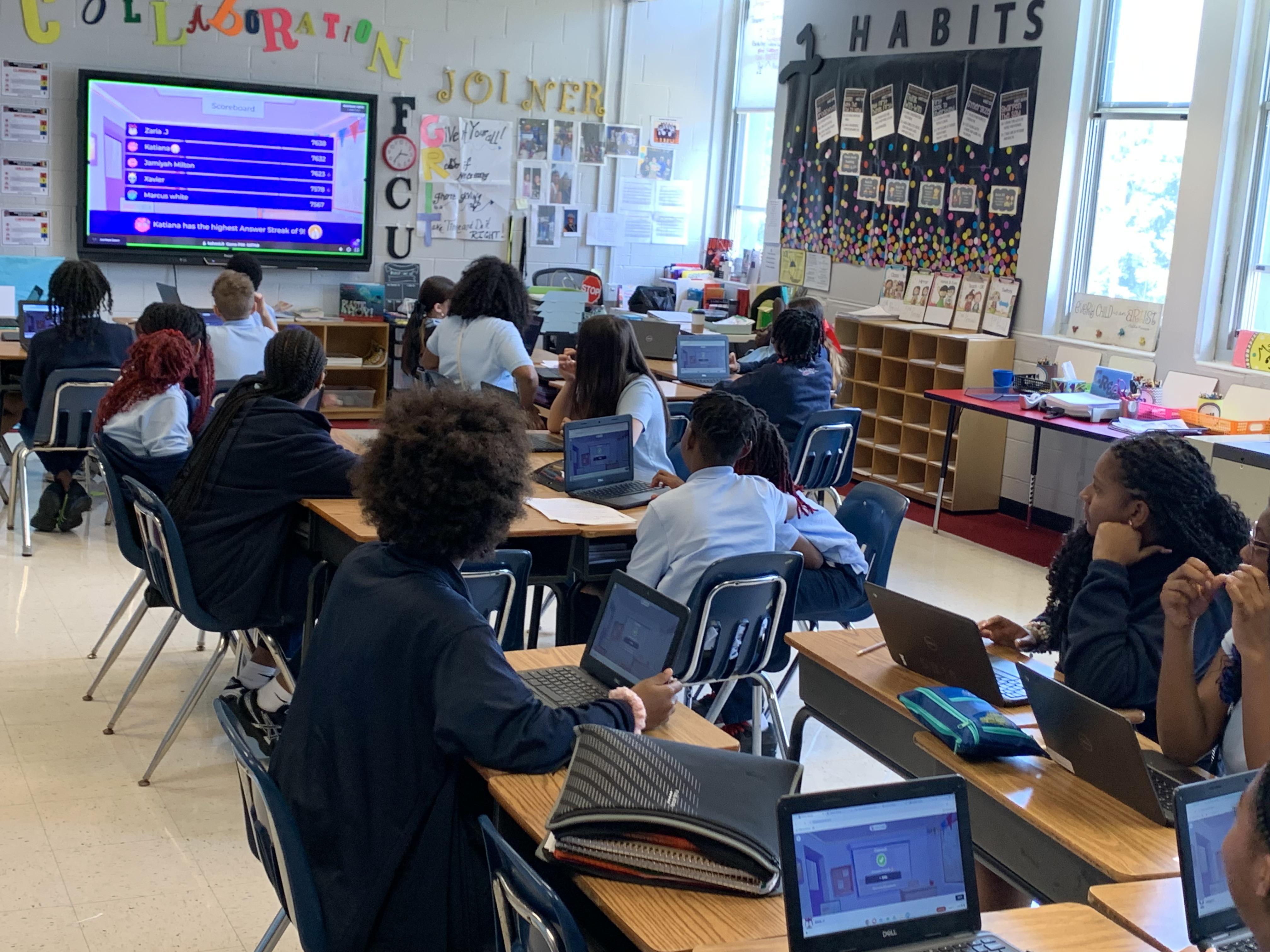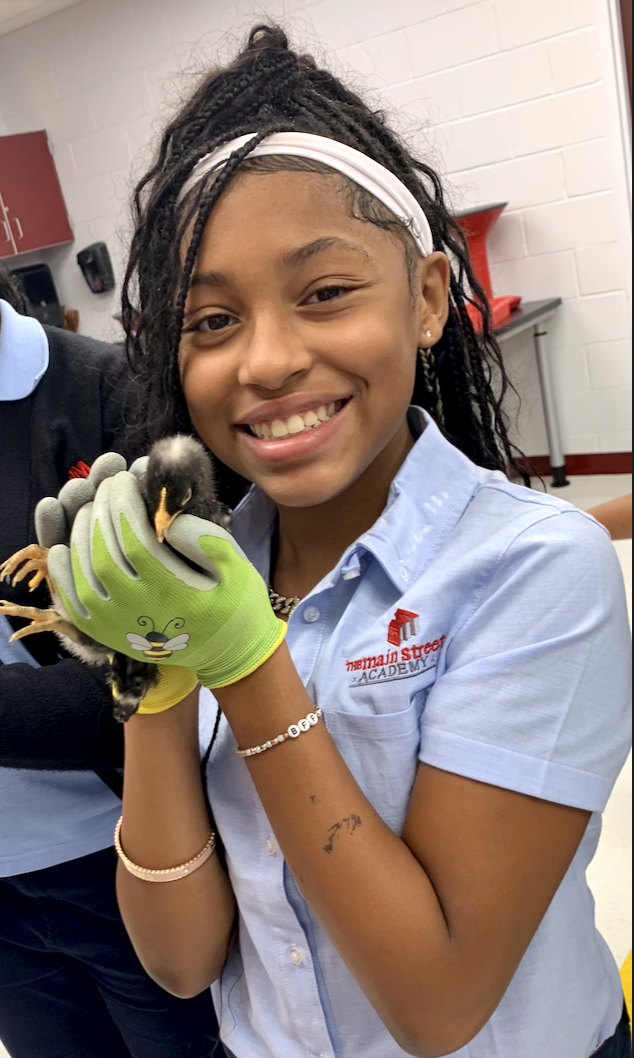Curriculum Overview
“We believe strategies for teaching students that are gifted often benefit all students in the classroom.”
TMSA's curriculum is a comprehensive plan for learning that develops the whole child—intellectual, artistic, character, and health. Our teachers and staff work to develop all these aspects of our students every day. The core curriculum is informed by the Georgia Performance Standards and the Georgia Standards for Excellence in English Language Arts and Mathematics. Individual lesson plans are developed collaboratively at the grade level by our faculty. To enhance rigor, our subjects in grades 2-8 are departmentalized—individual teachers specialize in subject-matter fields (social studies, science, mathematics, English Language Arts) and students rotate among classrooms.
TMSA students will also take courses in STEAM or CTAE, Music or Band, Art, Physical Education, Spanish, Career Awareness, and Technology. These are courses integral to the education experience and are a vital part of the school’s culture. Students’ artwork is featured for sale in our annual art show and can be found in the school’s hallways and even on the ceiling (check out the middle schoolers’ Jackson Pollock-inspired ceiling tiles). Music students have the option after fourth grade of joining the performance band, jazz band, and pep band. Students have the option to choose to participate in over thirty different clubs & organizations and competitive sports in athletics.
Schoolwide Enrichment Model
At the core of The Main Street Academy's (TMSA) core and STEAM curriculum is the adoption of the Renzulli Schoolwide Enrichment Model (SEM). The SEM model seeks daily enrichment in the core curriculum by connecting students with internal & external experts and community leaders who guide learning experiences that are further connected to real-life problems and experiences. Students collaborate with individuals who work in industries such as engineering, medical technology, agriculture design, e-commerce sales & marketing, social media design, mechanical engineering, cosmetology, sports production & management, finance, culture, arts, history, and more! Furthermore, industry experts partner with TMSA teachers and staff to sponsor student-driven projects that further explore interest, academic, and real-world interconnected relationships.
SEM is currently implemented in over 4,000 schools across the United States. SEM is an enrichment program for students to enjoy challenging learning experiences constructed around their interests, passions, and Project Based Learning (PBL.) TMSA’s SEM program includes expanded emphases on Science, Technology, Engineering, and Mathematics (STEM) and Science, Technology, Engineering, Arts/Agriculture, and Mathematics (STEAM) including Project Based Learning (PBL) instructional methodologies which allow students to gain hands-on knowledge and skills. Students work for an extended period to investigate and respond to authentic, engaging, and complex questions, problems, or challenges. Project-based learning is connected to each core curriculum content area in addition to SEM and STEM/STEAM.
A key component of TMSA's SEM model is the student cluster experience. SEM clusters are similar to academic electives on special topics. Clusters are faculty/staff or expert-driven and change from semester to semester. TMSA students meet once a week for their selected cluster during the course of the academic school year and combine both interest and academic study with the goal of producing a deliverable such as a product, performance, or community service learning project by the end of the semester. SEM clusters are offered in grade bands (K; 1-2; 3-5; 6-8) to offer students more choice in their selection of clusters.
Students also have the opportunity to propose their own cluster projects. Student-led clusters function the same way as faculty/staff or expert-driven clusters. The only difference is students take the lead in designing their subjects, laying out research plans, and producing their own end product.
Flexible Learning Groups in Mathematics Instruction
TMSAs schoolwide mathematics curriculum also integrates the innovative model of flexible grouping. Typically reserved for gifted education delivery, flexible learning groups allow teachers to group students according to their abilities in mathematics by individual units. Students are given pre-assessments and grouped according to their individual needs. These groups change with each unit of study. Flexible grouping allows TMSA to break down the sometimes-false labels that we put on students. It is perfectly normal for a student with strong math skills to be advanced in one area (say, algebra) while needing more help in another (like geometry). Flexible grouping allows TMSA teachers to individualize mathematics instruction.






















